If you don't see the information and inverters you need here, click on Service Support to find our specialized AI Data Customer Service.
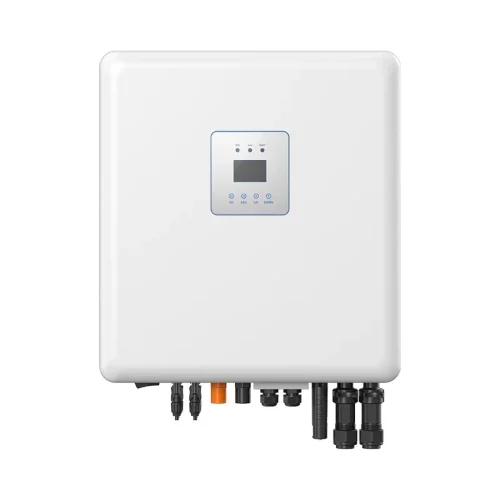
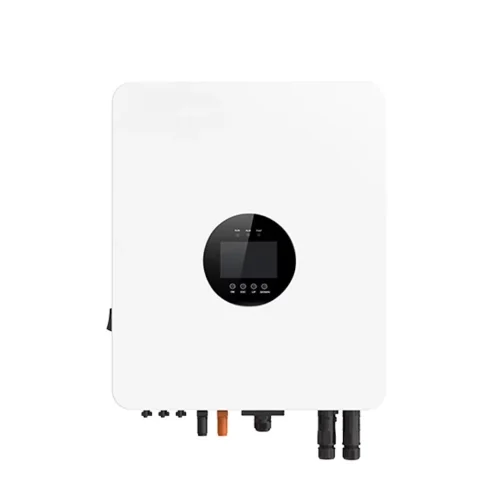
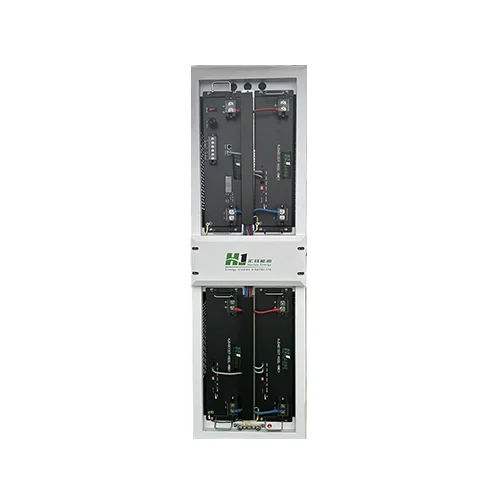
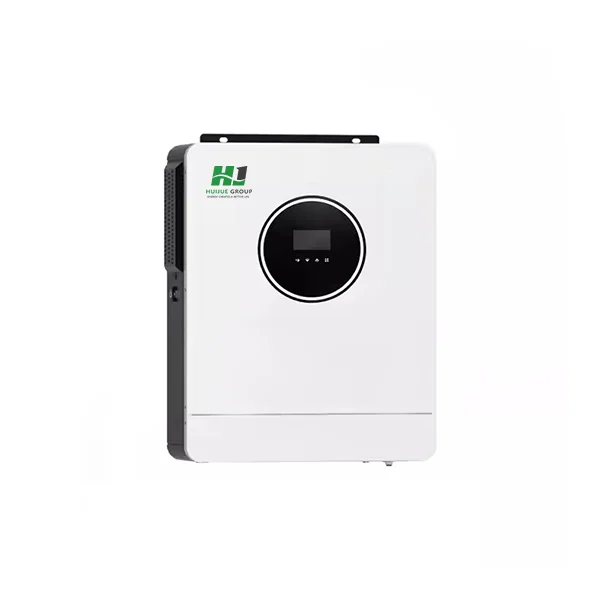
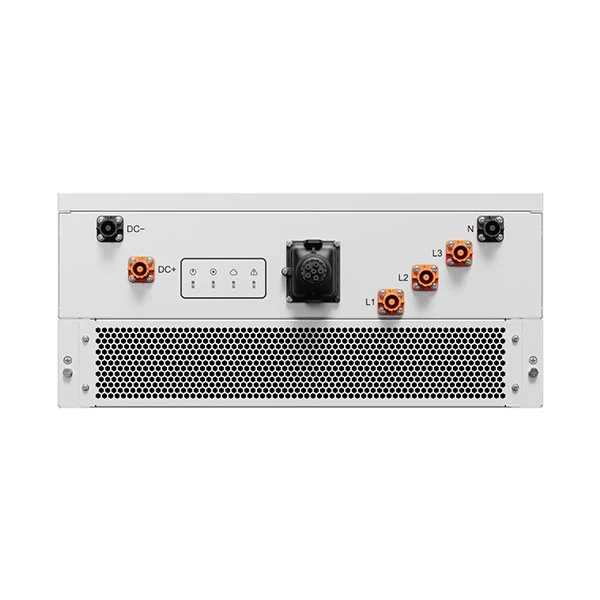
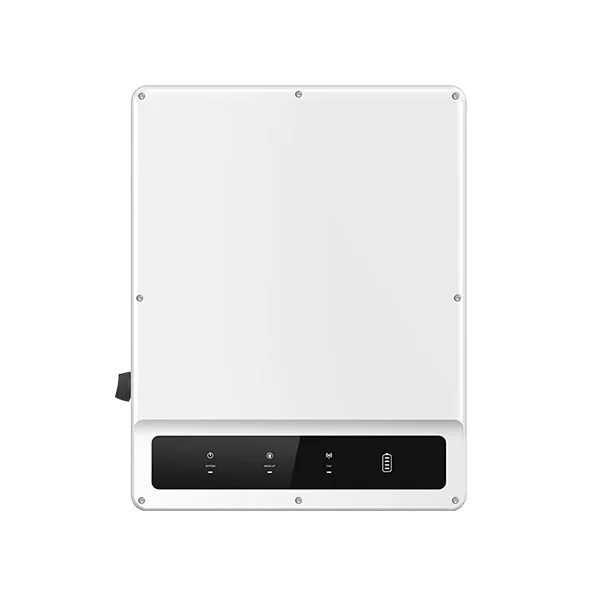
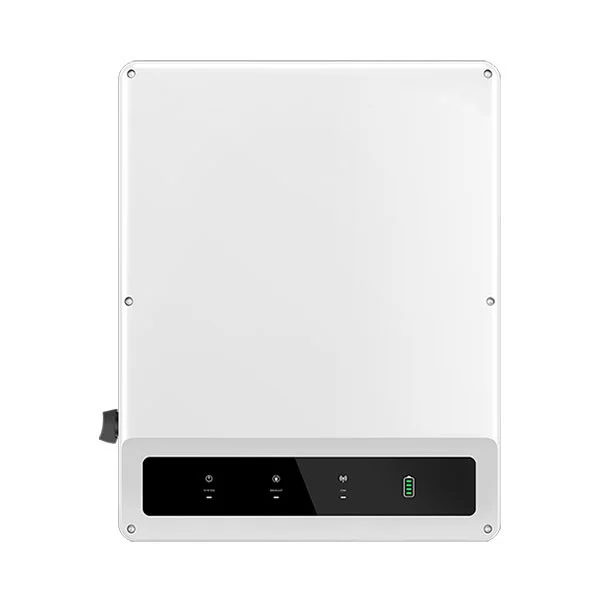
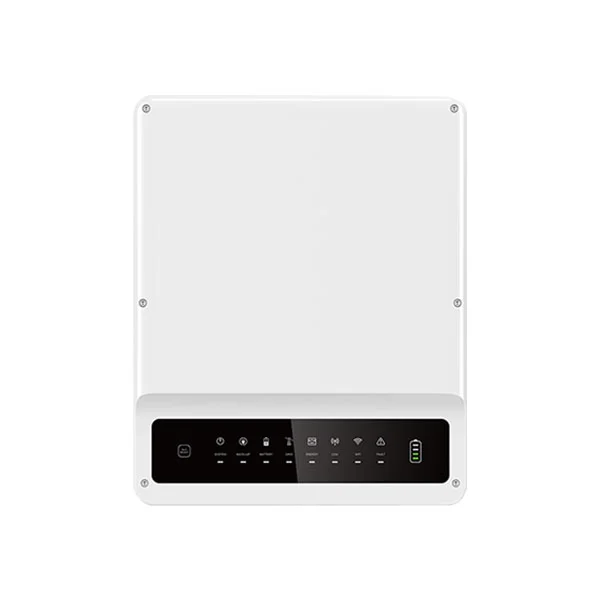
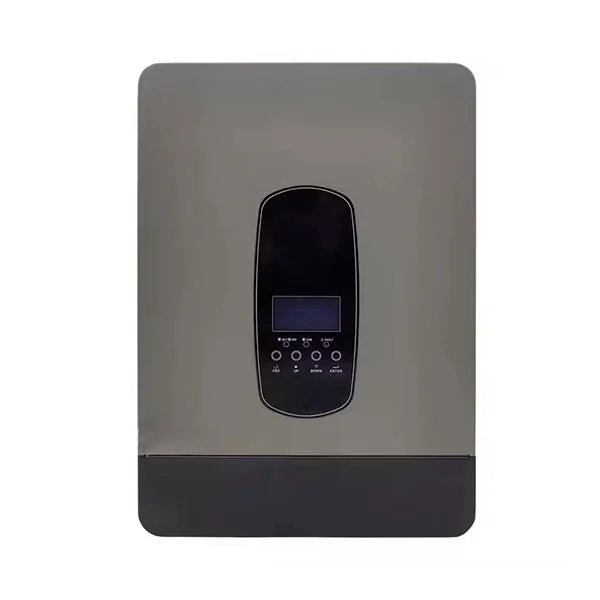
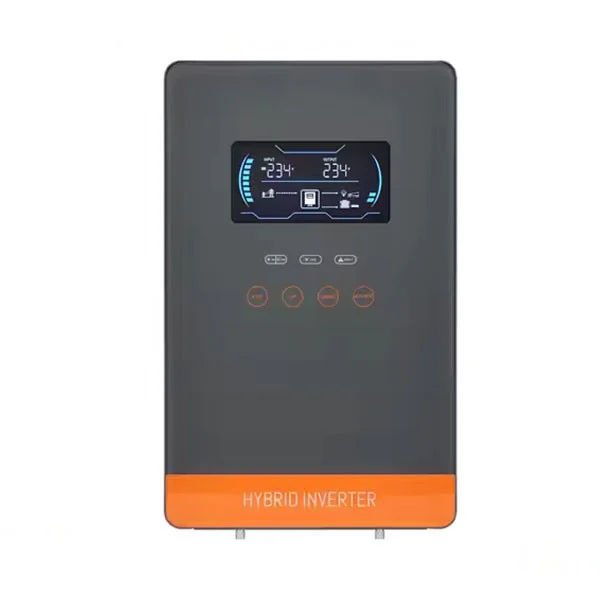
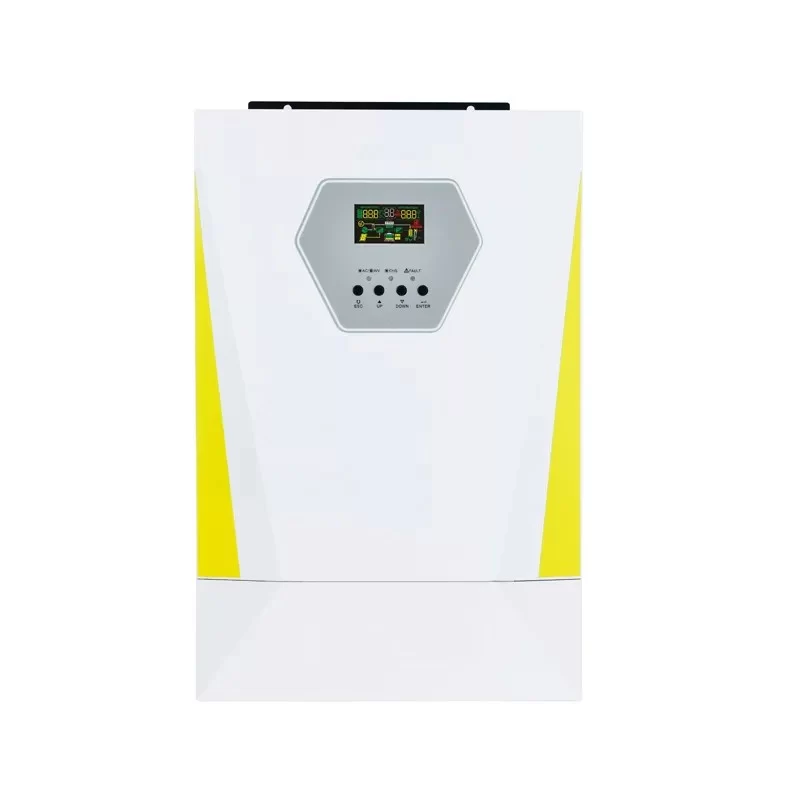
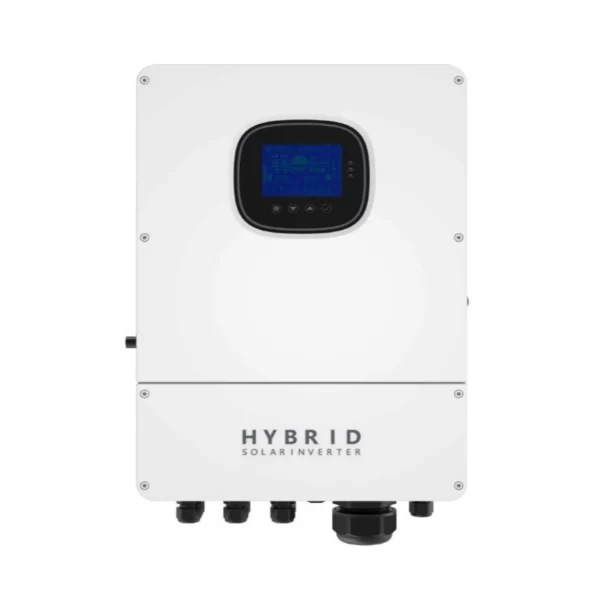
The hybrid power inverter will control from which source battery solar, or grid collect energy input, thus allowing further self-indulgence and reducing dependency on the grid, since the excess solar energy is stored during the day for nighttime use. Your house or business remains alive because of the optimized management of battery storage.
It enables automatic grid, solar power, battery backup, and power source switching based on what is available. When demand is high or goes offline, an inverter continuously ensures that operation is switched to battery-based power.
Integrated energy management systems provide priority to the stored battery power and renewable energy (solar) in optimizing energy consumption. To maximize solar consumption, the amount of energy needed to be taken from the grid should be reduced, thus reducing costs and promoting sustainability.
A Hybrid Solar Inverter forms the backbone of a smart home energy system for efficient energy usage and battery backup during power outages. This helps homeowners to store energy by the sun during the day, to be used at night, relying less on the grid.
Example: A smart home adopted solar panels and hybrid inverters with the excess from their mass produced during the day supplied to the batteries for future use at night. This allowed the household to run without relying on grid electricity, since, in the event of grid outages, the system switched automatically to the battery to service.
An energy storage system combined with hybrid inverters can save energy for commercial or residential areas for a very long time as well as back them up. This system can have batteries where excess energy is stored to use clean energy from now and again.
Example: A commercial building installs a Solar Battery Inverter along with a large-scale battery storage system. This helps supply power during peak talking hours from stored solar energy while keeping away from high utility rates.
Hybrid power inverters help to stabilize the electric supply of the grid by making available extra power during peak demand periods. They limit grid dependence, making them extremely useful for applications where the grid performance is not strong or reliable.
Example: A hybrid inverter equipped utility-scale solar farm would invert more energy during daytime collection and return such energy to the grid during afternoon peak demand hours to stabilize and reduce costs for energy.
Our Hybrid Solar Inverters come in a variety of series to meet various needs:
Economy Series
Value-for-money solutions for small residential systems. Proven performance with the flexibility of grid tie and battery backup.
Premium Series
Cutting-edge inverters encased with high-efficiency features, well-accommodated by medium to large homes and businesses. Features advanced energy management and smart switching.
Commercial Series
These inverters cater to large-scale commercial projects. They are equipped to manage enormous energy storage, grid-supported, and seamless energy flow distribution.
|
Feature |
Hybrid Solar Inverter |
Off-Grid Inverter |
|
Grid Connectivity |
Yes (Grid-Tie and Battery Backup) |
No (Completely Off-Grid) |
|
Energy Storage |
Yes |
Yes |
|
Battery Backup |
Yes |
Yes |
|
Grid Power Feeding |
Yes |
No |
|
System Complexity |
Moderate |
High (Requires separate systems) |
|
Cost |
Moderate |
Higher due to additional components |
Choosing solar and wind energy storage systems is not just about saving money on your electricity bill
it's about having a clean, blue planet for future generations.
 en
en